Pandemic bites animal shelters: More rescues, fewer helping hands, dwindling donations
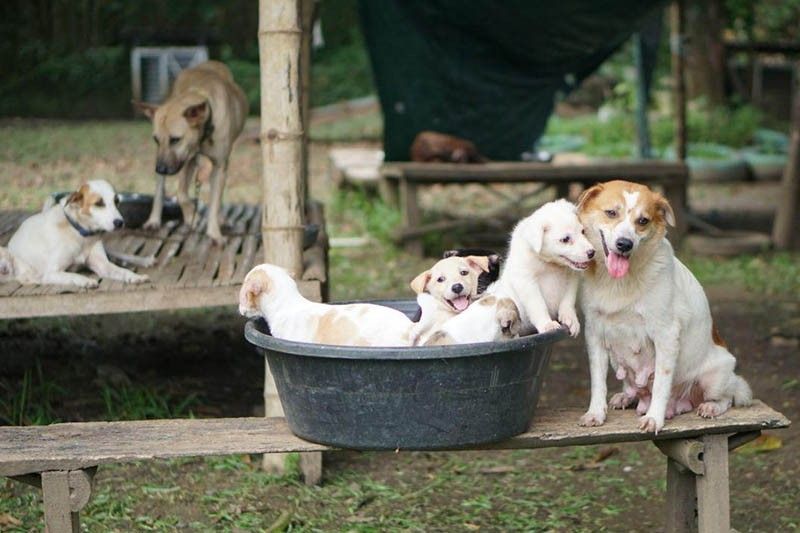
MANILA, Philippines — The pandemic has restricted human connections and has driven pet adoptions up in wealthier countries — but, in the Philippines, families faring worse have been forced to give up their beloved pets and animal shelters are grappling with more rescue calls and with dwindling resources.
In Laguna, pit bulls who escaped a life of illegal dog fighting in 2012 have found a home under the care of CARA Philippines. These rescue pit bulls have gotten older and have been needing more intensive care as senior dogs.
Since the pandemic struck, transporting them to hospitals has been a problem and their caretakers only wish for these dogs to retire in loving homes.
Non-profit group Pawssion Project observed more animals were abandoned and donations decreased too since the pandemic. It is understandable, as lives were upended and jobs were lost, but it does not alleviate the heartbreak.
"There were more animals in need since the pandemic happened, more animals being abandoned, more hit-and-run cases, more pet surrenders as people were also losing their sources of income," Malou Perez, founder of Pawssion Project, tells Philstar.com.
"[It] also affected us, given donations slowed down but the needs of the rescues did not just remain the same but actually increased even more," she says.
Pawssion Project started in October 2018 and has since built two shelters — the first one in Bacolod and another in Bulacan in mid-2019.
The situation at the Save the Laguna Pit Bulls (SLPB) Sanctuary is meanwhile becoming dire. Now senior dogs, the pit bulls need constant medical support, but due to their location coupled with limited transportation and less helping hands, this has proven to be more difficult in recent months.
SLPB volunteer Gladys Donguines tells Philstar.com they do not have an in-house veterinarian nor an on-call vehicle for emergencies. “The lockdown has also strained our adoption process which is now critical due to the age of our rescues.”
SLPB is under the wing of CARA Welfare Philippines and takes care of dogs rescued from a syndicate in March 2012. Aside from caring for the dogs, volunteers have been rehabilitating them — from the trauma of their former lives — since then.
Becoming furry godparents to rescues
Pit bulls under SLPB care were rescued from the biggest raid in the country against illegal dog fighting. Hundreds of pit bulls and mixed-breed dogs had to live inside steel drums, most of them malnourished and scarred, until different groups stepped in for the rehabilitation.
A day inside the SLPB shelter starts with feeding the dogs and giving them their maintenance supplements, Donguines shares. They will then move to cleaning and maintaining the site.
On Sundays, they accept volunteers, ranging from eight to 12 people, to help walk the dogs and play with them, which is important in their continuous rehabilitation.
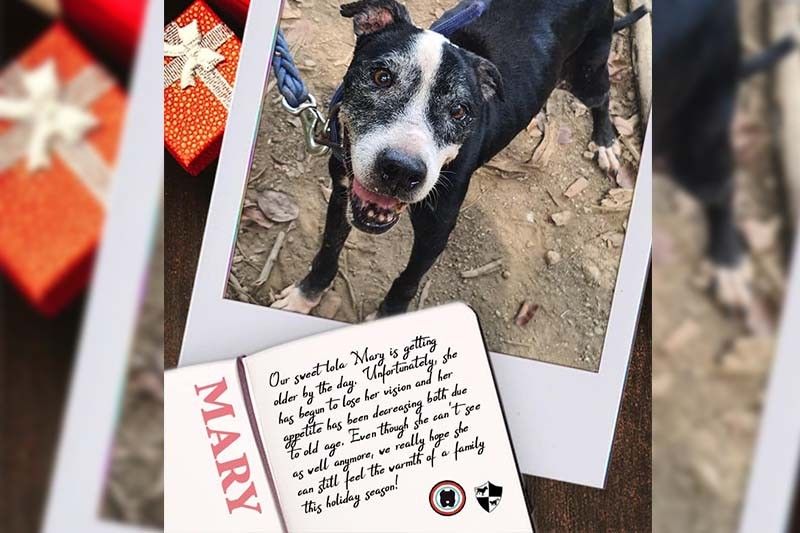
The people behind Pawssion Project have more avenues for their adoption drives as they can hold them physically and join bazaars too. They have also been conducting regular rescue operations of stray animals, although resources have been scarce.
Perez says they only have one rescuer in Manila and another in Bacolod. Those who call for rescue would usually contact her through the number posted on their Facebook page or coordinate through the page for the rescue.
Once rescued, animals are taken to a veterinarian for assessment. Perez stresses it is important that the animals are cleared of parvovirus and distemper before they can be taken to the shelter so other rescues will not be affected.
A blood test is also done to check for other infections common in strays and rescues.
Perez says this shows how costly one rescue can be. “Many of them need at least two weeks to one month of rehabilitation and medication,” she adds.

Fewer helping hands, no playtime with volunteers
Rescuing strays and taking care of senior dogs already required hard work even before COVID-19. With the pandemic, it has become even more difficult.
Perez says the pandemic affected them “emotionally, physical and financially.” She acknowledges that the flow of help — especially financial aid — was affected since people lost jobs.
People also surrendered their pets to the shelter since they could no longer care for them due to financial problems.
Perez adds they had to close their shelters for over a month due to the lockdown, which means fewer helping hands and no visits for rescues. The lack of visitors made the animals sad.
"We had more rescues since the lockdown plus the stray feeding also forced us to do emergency rescues every time we’d see an animal in need," she says.
Since the travel restrictions have been gradually lifted, days have been better for the caretakers and the rescues since volunteers again offer help.
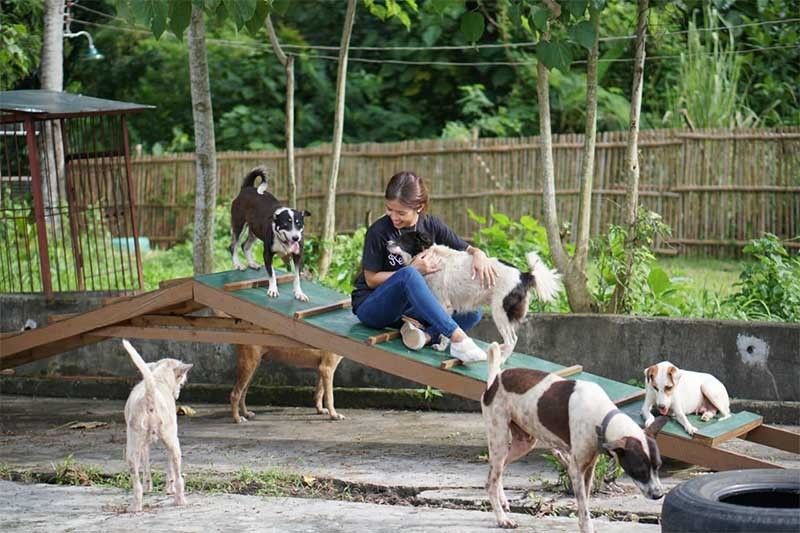
A 'new normal' for animal shelters
The SLPB Sanctuary was also closed to volunteers for months, from March to July 2020. They have since accepted volunteers again to help with caring and playing with the senior dogs, but Donguines notes there has been a decline in applications. “Most probably because the volunteers are from Metro Manila,” she adds.
The pet shelters have started adapting to the new normal too.
SLPB started allowing visitors in August, but has opted to limit them to just five. Before heading to the shelter, volunteers must sign a form found on the shelter's site and confirm their schedule.
Donguines says they only allow two vehicles per visit, if the volunteers will be bringing their own transportation.
Finding a 'fur-ever' home
Adoption is the foremost help the shelters need. Perez says this does not only change the lives of the animals, but also allows them to take in more rescues.
There are more than 30 senior pit bull rescues left in SLPB care. Donguines says they hope “they will retire in a loving home and family.”
With prolonged isolation due to lockdown, there is hope that people are opening their doors to pets to give them companionship.
Donguines notes there is a “rise in the inquiry” of adopting the senior pit bulls in their shelter but “serious applications have declined.”
Adopting the Laguna Pit Bulls takes two to three weeks. She adds: “You do not visit the LPB Center for the first time and leave with an adopted dog.”
Donguines says the period of application allows their team — composed of the caretakers, senior volunteers and CARA President Nancy Cu-Unjieng — to assess the applicant and their suitability and connection with the dog.
This will also allow the adopter or foster parent to rethink their decision, as she stresses that taking care of a rescue senior pit bull is a huge commitment.
Pawssion Project, like SLPB, encourages potential "fur parents" to visit the shelters and meet the rescues first. “We believe there is a 'hooman' for every dog and cat and vice versa,” Perez adds.
She also says adopters must be able to provide the pet with Five Freedoms:
- Freedom from Hunger and Thirst
- Freedom from Discomfort
- Freedom from Pain
- Freedom to Express Normal Behavior
- Freedom from Fear and Distress
“We always remind adopters that it is a lifetime commitment and responsibility. Everyone in the family should also agree to the decision,” she adds.
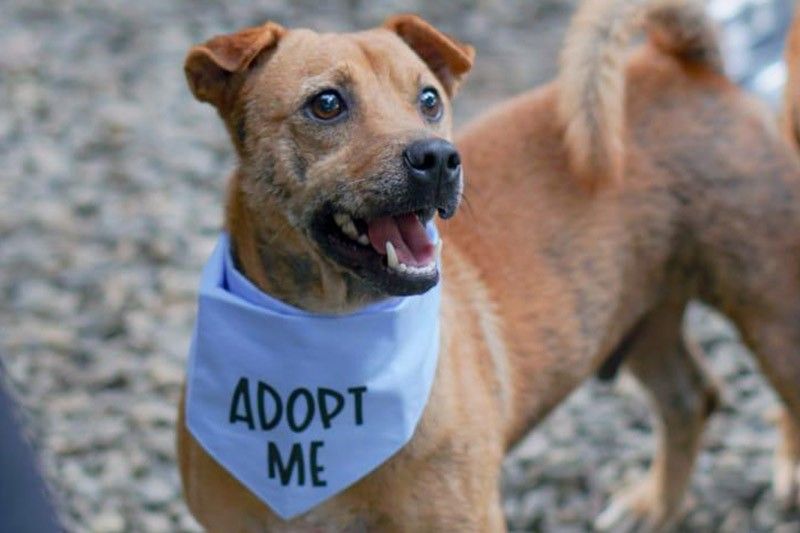
Those who can foster or provide temporary homes to rescues are also most welcome. Perez explains that rescuing is crucial and many of the animals are usually sick and would need special care, which is where foster "fur parents" can come in.
"Fosterers can help match the rescues to the adopters as they are able to assess their personalities, character and needs well while under their care," she says.
Can't adopt? Donate, volunteer, advocate
Those who want to help but cannot adopt or foster may always donate. Perez says donations help them "continue our operations, replenish our supplies regularly, pay vet bills, caretakers’ salaries, utilities and rent and other rescue related costs."
They are also grateful for volunteers. Pawssion Project says those who cannot go to their sites may help them even online, from taking on administrative tasks, to rescuing and rehoming, and even in making publicity materials.
SLPB also offers a “Sponsor a Pittie” option of a monthly donation of P250. Any monetary or in-kind donation — of dog food and medicine, for example — is also welcome.
SLPB also calls on volunteers to visit them every Sunday. “You can encourage your friends or request your company team or department to join us on a Sunday to hang out with the LPBs,” Donguines says.
"The interaction will be hands on, where you will meet them, play with them and walk or run with them. The truth is some of these dogs will be at the LPB Center for their entire life. So these interactions provide them the human love and affection," she adds.
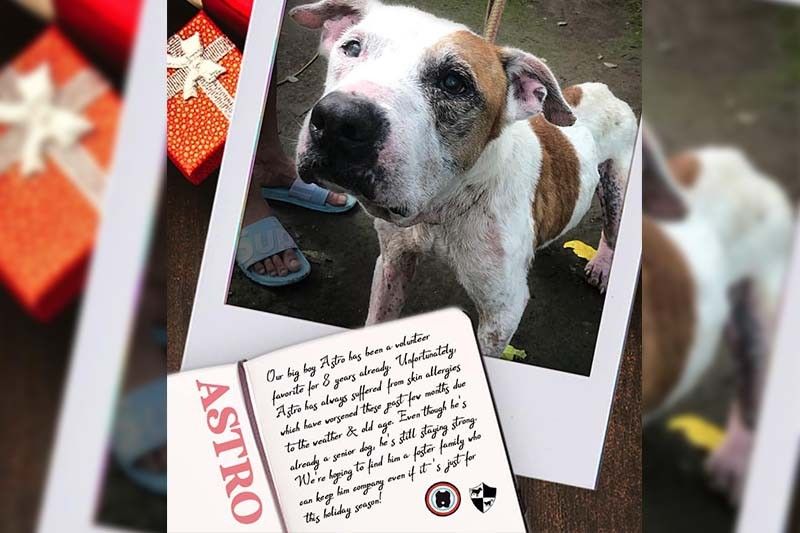
Being an advocate helps a lot too. Perez says social media has helped them raise awareness on the stitatuon of strays. She adds that lack of education — from pet owners to citizens and legislators — lead to strays being impounded, surrendered, abused or maltreated.
"Let us not underestimate the power of advocating and getting the word out. And if people can help us reach [Local Government Units], and more government officials so we can come up with more partnerships, that would be amazing,” she also says.
Donguines adds social media users can help promote their sanctuary and spread awareness about rescued pit bills and animal welfare on their social media pages. Spreading awareness about rescued pit bills and animal welfare. “We hope to eliminate the stigma on the pit bull breed and dog fighting industry,” she adds.
Photos contributed by Pawssion Project and Save the Laguna Pitbulls Sanctuary.
- Latest






























